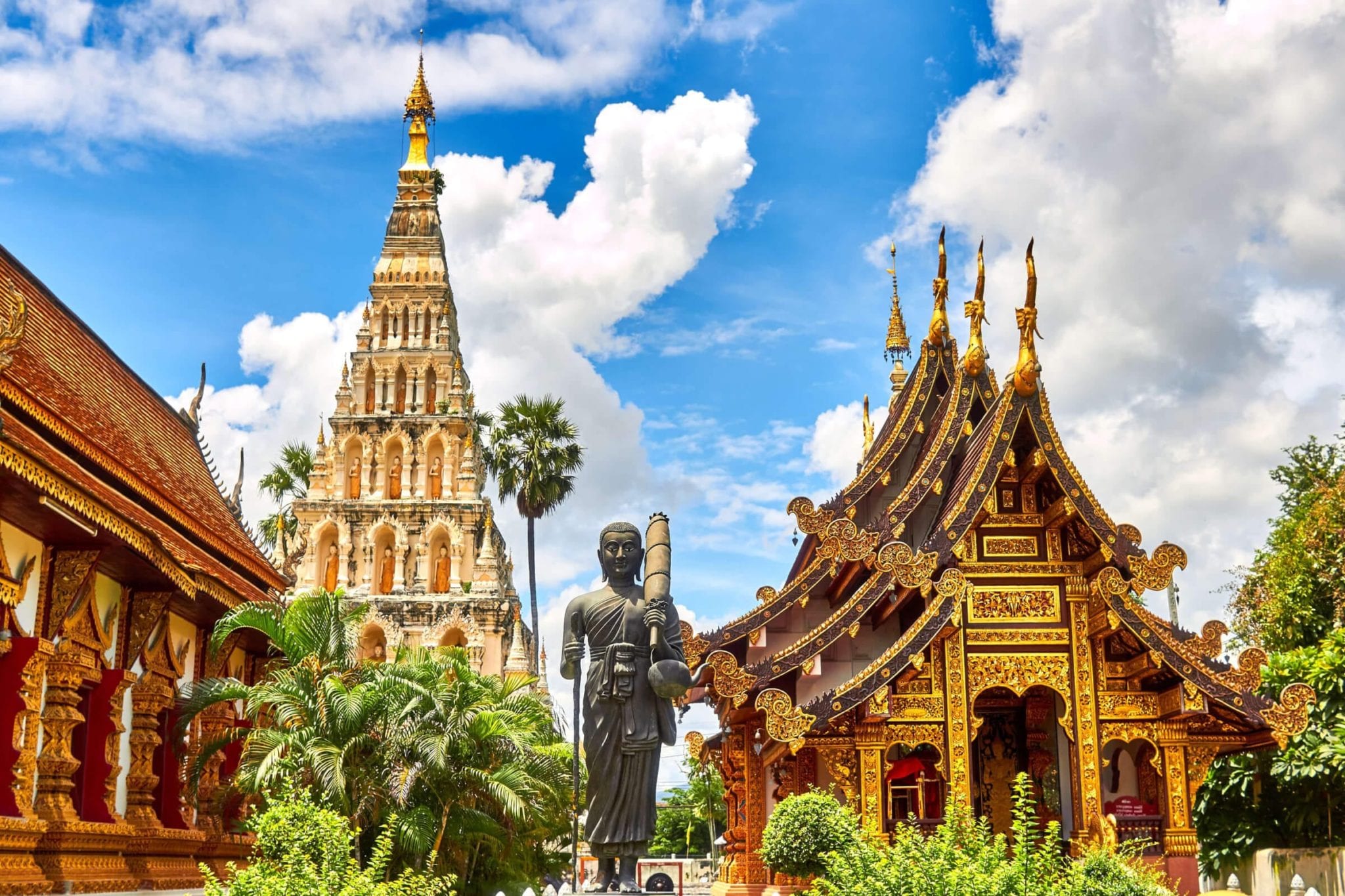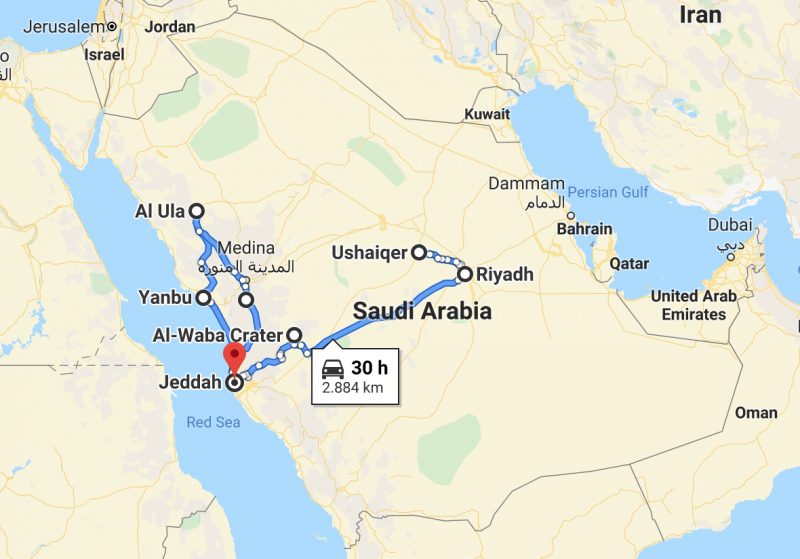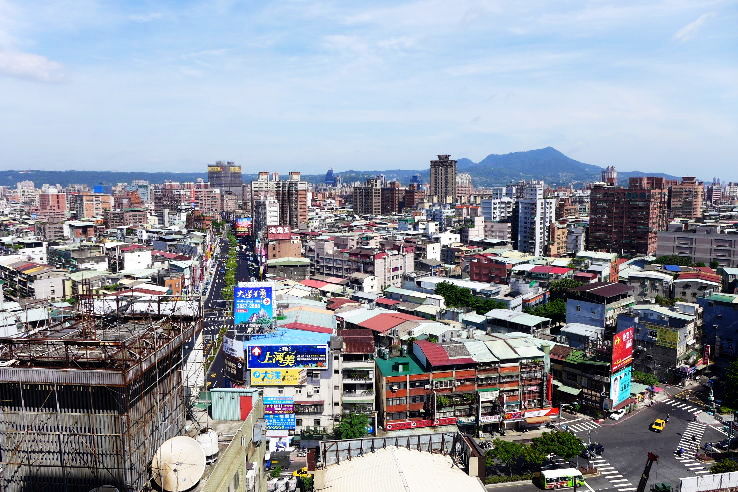Learning about Thai Culture
An Introduction to Thai People
Thai people are known for their kindness, friendliness, and generosity. When I first moved to Thailand, complete strangers went out of their way to help me set up essential services like a phone plan and find an apartment. Taxi and van drivers always ensure I arrive safely at my destination, even if my directions are unclear. This level of care and assistance for foreigners is uncommon in many other countries. The Thai are also very welcoming of outsiders in their interactions. Taxi drivers will patiently try to understand my broken Thai rather than disregard me for not speaking the language fluently. Cashiers and shop owners are always encouraging when I attempt conversing in their native tongue. This warmth and patience has helped me feel at home during my time living abroad.

Social Hierarchy and Etiquette
Social hierarchy is deeply ingrained in Thai culture. Showing respect for elders and those of higher status is paramount. Students refrain from questioning teachers, and children obey their parents’ directives without argument well into adulthood. Criticism of superiors is avoided. Certain gestures also have meaning. It is improper to touch others on the head or use one’s feet for anything besides standing or walking. Monks, government officials, and the royal family command special respect and should not be bothered. These social conventions must be understood to navigate interactions smoothly in Thailand.
Traditional Values and Modern Influences
Thailand exemplifies a harmonious blend of tradition and modernity. Ladyboy culture and acceptance of LGBT communities demonstrate progressiveness, yet modest attire is still expected in public. Close family bonds endure despite urbanization - many grown children live with or near parents well into their 30s. Younger Thais are adopting Western trends while upholding Thai traditions passed down through generations. This balance allows society to change gradually in an organic way. Outsiders witnessing this dynamic cultural landscape will come to appreciate Thai wisdom and open-mindedness.
Exploring Daily Life in Thailand
Observations on Thai Appearances and Behavior
Most Thais are short in stature compared to Western standards. Standing at 5’11”, I tower over the average local. However, thin physiques are highly valued, and I have faced unwanted comments regarding my size. Weight obsession is common, with many skipping meals or strictly dieting to maintain low body weight. Taking photographs is also a beloved pastime. Selfies in scenic locales and with friends populate Thai social media. My friends post polished shots nearly daily. This focus on image reflects insecurities about appearance norms and the desire to curate an ideal online presence.
Work Ethic and Punctuality
A laidback attitude prevails in Thai work culture. Late arrivals, last-minute cancellations of meetings, and elongated breaks are usual. While this relaxed spirit can be refreshing, it hampers productivity when important deadlines loom. Several projects have faced delays due to colleagues’ tendency to show up at their leisure and reschedule at will. Commitment to schedules remains weaker than in Western workplaces.
Experiencing Hospitality and Cuisine
Thailand’s delicious street food more than makes up for occasional frustrations. Vibrant night markets offer affordable gourmet bites prepared with care by veteran chefs. From papaya salad to noodle soups, flavors showcase regional specialties. Dining is also a social activity enjoyed with friends and family members. Streetside restaurants see steady custom well into the late hours. Hospitality runs deep in Thai culture. Locals constantly invite foreigners over for home-cooked meals, spending leisurely evenings bonding through food and conversation. These small kindnesses help travelers feel at ease in an unfamiliar place. Thai generosity and warmth are hallmarks of the national character.
Life as a Foreigner in Thailand
Perceptions of Wealth and Marriage
Many Thais view Westerners as affluent based on media portrayals. Expecting financial gain, taxi drivers often name exorbitant fares, and some romance the idea of marrying a rich foreigner for monetary benefits. These misguided stereotypes ignore socioeconomic diversity worldwide. While the country courts tourism dollars, such transactional attitudes hamper sincere cross-cultural bonds.
Navigating Language Barriers
Even after years living in Thailand, my Thai remains basic. Without language skills, completing simple tasks like banking proves challenging. Locals sometimes doubt foreigners’ long-term commitment to their adopted country if integration efforts seem half-hearted. Still, Thais appreciate any attempts to communicate respectfully in their mother tongue and generously provide patience and clarification. With continued study, comprehension gradually improves over time.
Coping with Cultural Adjustments
Minor irritations arise when adapting to a new environment and value system. Unrealistic assumptions, direct comments on weight and appearance, pervasive smoking and late arrivals take adjustment. However, witnessing Thais’ joyful spirit, compassion, and community-oriented way of life far outweigh minor cultural frictions. Embracing unfamiliar practices with an open and understanding mind fosters genuine intercultural fellowship.
Conclusion
Living in Thailand as a foreigner gifted rich insights into people, traditions and cuisine unlike anywhere else. Beyond beaches and temples, I discovered a richness of character through the kindness shown by locals. Navigating differences strengthened cultural agility while participating in community celebrations fostered belonging. Though imperfect, Thai society’s balance of antiquity and progress serves as a model of harmonious social change. Looking back, the friendship, laughter and memories shared will endure for lifetimes.

 Taking a Road Trip from Jeddah to Riyadh
Taking a Road Trip from Jeddah to Riyadh